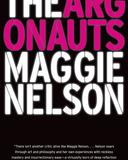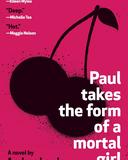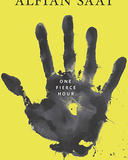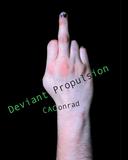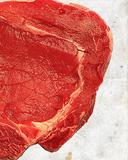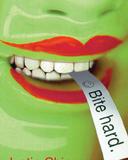Interview with poet Marylyn Tan
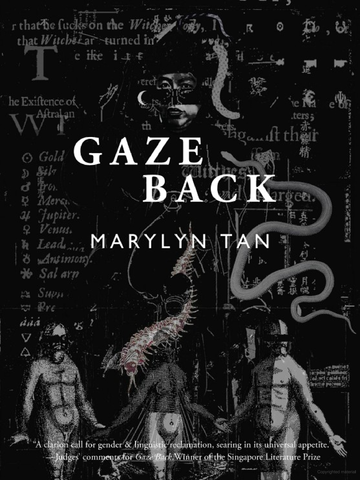
***PLEASE NOTE THAT THIS INTERVIEW CONTAINS STRONG LANGUAGE OF A SEXUAL NATURE***
Marylyn Tan is a large-beasted, supple, queer, female Chinese Singaporean writer-artist whose proclivities are promiscuous and appetites indiscriminate. Her work aims to subvert, revert and pervert, and works to disrespect respectability and reclaim power. Her first child, GAZE BACK, is the lesbo trans-genre grimoire you never knew you needed, and made her the first woman poet (woet) to clinch the Singapore Literature Prize.
1. Has the contribution to this anthology prompted you to reflect on being a queer writer/poet in new ways?
I think it's created a space for re-discovering the community in an intimate and informal fashion, and speaks to a deeply personal part of me that takes pleasure in the simple and mere fact of epistolary.
2. What are your discoveries in this process of exchanging ideas with another poet?
Ironically, the more ideas we are bombarded with, the harder it is to fashion correspondence that is sustained, lengthy, and in-depth. It makes me long for the times where the letters came much more easily, and it wasn't a struggle just to find time to sit and think about someone else's words. I think the timing of this collaboration also played a large part in this process, as we were two years into the pandemic at that point, and it seemed like wrestling with collective burnout was the opposite of conducive to writing letters.
3. Do you remember how it was to begin to self-identify as a queer poet? Can you tell us more about it and how it has changed you/your writing journey?
Spoken word poetry was where my poetry first garnered an audience. I started performing in 2013, and the first time I insinuated I ate p**** onstage set me on a journey that never really stopped being about pushing various envelopes, especially in Singapore, where you're lucky to get away with anything you do.
4. What are your favourite books (poetry/fiction/non-fiction) written by queer writers?
CAConrad's While Standing in Line for Death & Deviant Propulsion (poetry)
Maggie Nelson's The Argonauts (autofiction)
Andrea Lawlor's Paul Takes the Form of A Mortal Girl (fiction)
Alfian Sa'at's One Fierce Hour (poetry)
Divya Victor's Natural Subjects (poetry)
Justin Chin's Bite Hard (poetry)
5. To you personally, what is/are the most difficult emotion(s) to write about, and why?
I think joy is not easily translated into poetry, and is difficult to capture. Frustration, anger, grief are all difficult emotions to feel but most easily expressed through poetry which names the unnameable. It could just be that I am afraid of pinning down happiness in my personal life, though in my politics I am committed to queer joy. :>


